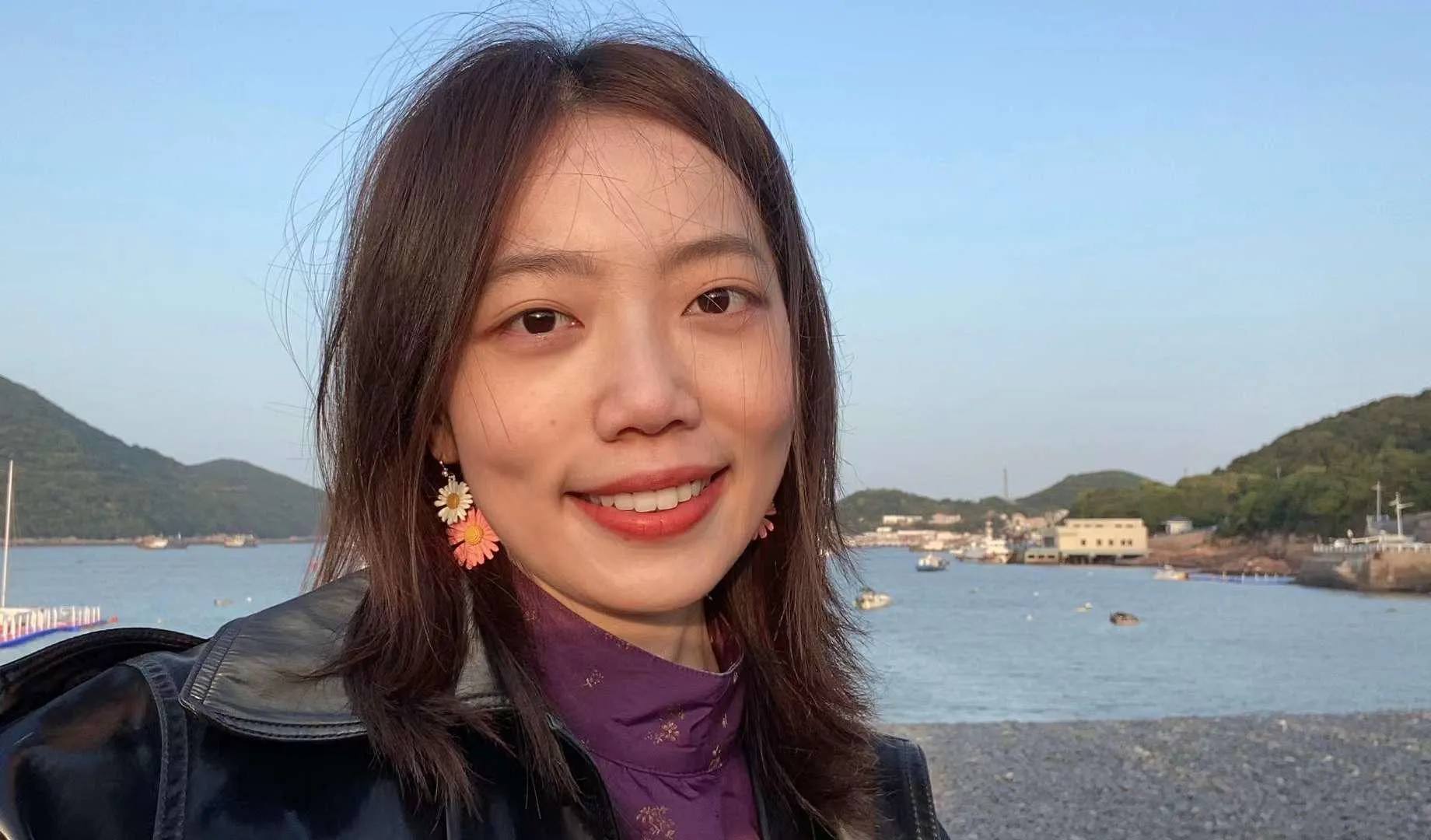Our Language & Cultural Diversity MA examines the complex relationship between language and cultural diversity, and will equip you with an advanced knowledge of the major approaches to linguistic aspects of culture. In the course, you will learn about contemporary cultural processes, but also acquire a better understanding of cultural diversity in education. You will develop the research skills and knowledge to support further study in empirical and applied linguistics as well as see different possibilities and new ways of participating in what’s happening in the world. Crucially, the skills and knowledge you gain on our MA will prepare you for employment across a variety of sectors.



